| 總結: | The standardized tests used to select applicants to enter the university must guarantee equal opportunities and equity. The item repositories constitute a valuable source of information on the consideration of the item as an object of study. The purpose of the research is to analyze the suitability of the item repository for people with hearing and visual disabilities. The research used a mixed and descriptive approach, it was carried out between 2016 and 2020, 636 items from the repository were used and 5 experts judges participated, the study variables were the judging criteria and the suitability of the item, and the techniques used were the content analysis and the check sheet. We found that 31% of the items in the repository are not suitable for people with visual disabilities and judging criteria are more frequently elements that make reading more complex and contrast between the statement and response options. On the other hand, 58% of the items in the repository are not suitable for people with hearing disabilities and the most frequent judging criteria is unsuitable vocabulary. They indicate the relevance of adjusting the text of the item, suppressing hegemonic visual discourses that possibly affect the execution of the test in people with visual disabilities and the creation of a repository of items in sign language for people with hearing disabilities that guarantee equity in the execution of a standardized test of high consequences for the people who participate in the process of admission to the University.
|
|---|


